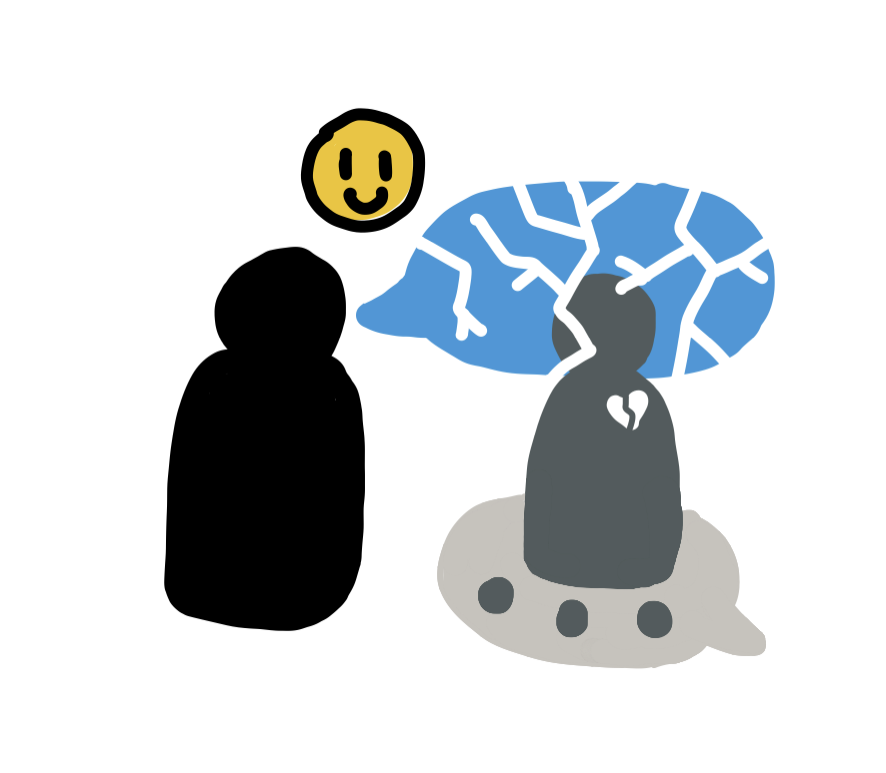Don’t apologize, do better
October 15, 2021
 This
piece represents the opinion of the author
.
This
piece represents the opinion of the author
.
 Nora Sullivan Horner
Nora Sullivan HornerI’ve never been good with apologies. As ashamed as I am to admit it, I used to view apologies as the very end of the long journey that is personal growth. In my mind, becoming a better person would always play out just like in the movies—a sappy apology and a sweet conclusion as the credits roll. Following an apology, there was no legwork needed, no actual action to be taken.
This twisted perception of personal growth and accountability is changing (thankfully). This realization is owed to something that a friend told me, something that I needed to hear.
The other night, or morning (it was late), I angrily texted my friend to vent about some recent, less-than-ideal interactions I’ve had. Under the guise of trying to figure out what I was doing wrong, I told her what I had done. Really, I was hoping that my perspective would be validated—that she would say, “no-no, they are just hating, you’re fully in the right.” I wanted my hopes that I did nothing wrong to be confirmed. I wanted to feel the comfort of believing that I was in the right. I didn’t want to hear that I hurt people, that I messed up, that I acted selfishly.
Disappointingly (at the time), she started with the phrase: “Don’t apologize, do better.”
I sat in silence for a minute after reading the text, letting the grey iMessage reflect on my face as I sat in shame. I had heard the phrase before, but I didn’t know exactly where. This time, though, it was different. This time, it made my stomach churn; it made my head spin; it made me think about my own actions. I could no longer escape the feeling that I had acted selfishly. I had acted without regard for others, and I had become the person I never wanted to be.
What I realized that night still sticks with me: almost all my past apologies have been empty. I had “acknowledged” my own wrongdoings and felt an unearned sense of gratification. Without fixing the issues or the relationship, I was the only one experiencing this joy. Without tangible action to change bad habits following the apology, true personal growth is non-existent. Apologies are rendered meaningless without change.
I’m forever grateful to the friend who told me what I needed to hear. No matter how blunt the statement was or how mixed-up it made me at the time, it was a trigger for the journey of personal growth that I need.
Looking down the road, I know that becoming a more considerate person takes being humbled, among other things. It will take a while to be able to look in the mirror and actually like the person reflected back.
I don’t automatically deserve forgiveness; I need to earn it. Becoming someone that brings joy to those around them is not going to happen overnight. Admitting and apologizing is just the first step on a long journey to being a better person. To those I have wronged: I’m sorry. To those who I will see soon: I will be better. I promise.
Keep moving forward. It is never too late to change.
Lucas Dufalla is a member of the Class of 2024.

Comments
Before submitting a comment, please review our comment policy. Some key points from the policy: